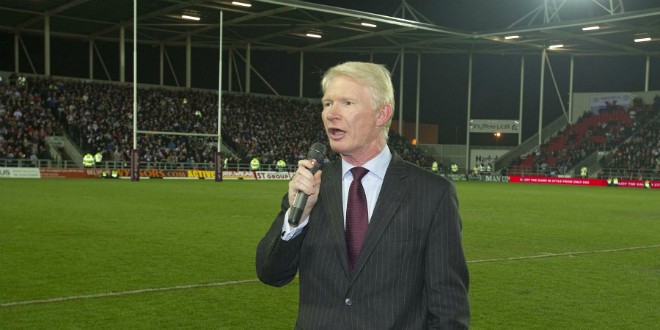 Calls for Super League to realign with the RFL are growing, as a dramatic U-turn looks increasingly likely.
Senior officials at several clubs, including St Helens' Eamonn McManus (pictured) and Hull KR's Neil Hudgell, have suggested the sport is not in a position to fund two executive bodies, despite Super League making the decision to split two
Calls for Super League to realign with the RFL are growing, as a dramatic U-turn looks increasingly likely.
Senior officials at several clubs, including St Helens' Eamonn McManus (pictured) and Hull KR's Neil Hudgell, have suggested the sport is not in a position to fund two executive bodies, despite Super League making the decision to split two Calls grow for Super League to return to the fold
 Calls for Super League to realign with the RFL are growing, as a dramatic U-turn looks increasingly likely.
Senior officials at several clubs, including St Helens' Eamonn McManus (pictured) and Hull KR's Neil Hudgell, have suggested the sport is not in a position to fund two executive bodies, despite Super League making the decision to split two
Calls for Super League to realign with the RFL are growing, as a dramatic U-turn looks increasingly likely.
Senior officials at several clubs, including St Helens' Eamonn McManus (pictured) and Hull KR's Neil Hudgell, have suggested the sport is not in a position to fund two executive bodies, despite Super League making the decision to split two 